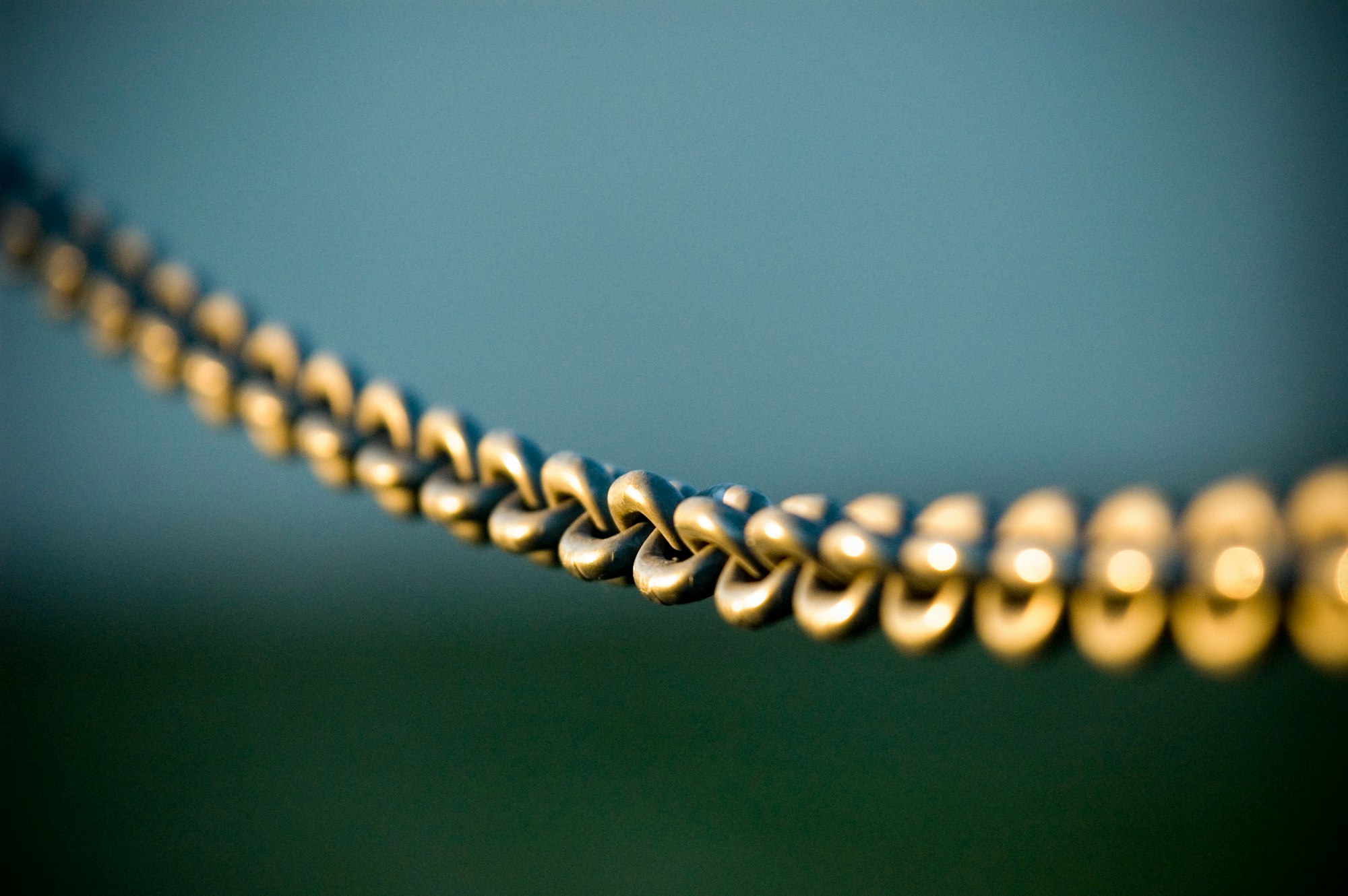Emily Dickinson, "Much Madness is divinest Sense"
When I encounter the sentence "Much Madness is divinest Sense," I think back to middle school and high school.

Re: Frances Solá-Santiago, "is there personal style in the era of tiktok aesthetics?"
Ryan Broderick's Garbage Day newsletter has been essential for my thinking about the ethics and aesthetics of our online lives. I need to revisit a past newsletter on what constitutes a "scene," but a recent link he shared to a post about fashion caught my attention. It does seem like the need to make things go "viral" is wrecking the fundamental utility of social media, i.e. experiencing different high-quality voices (emphatically NOT Breitbart or the like). As Solá-Santiago says of trends on TikTok overwhelming her feed:
While you’d think that as a fashion writer I’d be interested in hopping on every single one of these, the reality is that, work aside, I have little curiosity in styles that make rounds on the internet. Not because I think social media-driven trends are irrelevant (they are not — much of fashion’s biggest staples today are inspired by TikTok), and not because I don’t enjoy watching some of its most popular creators (their ability to spot best-selling styles before brands is unparalleled), but because I wonder just how much the obsession with fitting into the algorithm’s fashion sense is hindering our ability to cultivate personal style. When billions of us are served up the same looks over and over, what do we lose?
That last sentence echoes in my brain: "When billions of us are served up the same looks over and over, what do we lose?" A later paragraph on how social media led her to a personal sense of style drives the point home powerfully. I personally believe a lot of us have grown-up learning things online, so if "online" is a trash hole or designed to sell us anything and everything, the consequences are really, really bad.
I'll add that some of us are seeing features on other platforms to help make obscure creators go viral (e.g. the "tweets you might like" thing). I'm not sure how I feel about this. I want to make sure those of you who want to stay in touch get as much attention as possible. I don't really want my feed to be cluttered with people I don't follow. All the same, I do like seeing what other people are creating, and there is an art to posting well. If I can help an original, obscure voice reach the audience they intend to find, I'd like to help that happen.
Emily Dickinson, "Much Madness is divinest Sense"
When I encounter the sentence "Much Madness is divinest Sense," I think back to middle school and high school. I wasn't crazy, but certainly not sensible. Just angry. Needing to win to feel valid, desperately wanting to be unique and accepted. Accepted because everyone wants to be me, and everyone wants to be me because I win. The worst definition of unique there is, sure, but also the worst definition of divine. A being consisting of superlatives, who would not be if anything was the matter.
Much Madness is divinest Sense (435) Emily Dickinson Much Madness is divinest Sense To a discerning Eye — Much Sense — the starkest Madness — 'Tis the Majority In this, as all prevail — Assent — and you are sane — Demur — you're straightway dangerous — And handled with a Chain —
Why read "Much Madness is divinest Sense" with such an immature self in mind? The sentence itself can refer to the greatest humankind has to offer. Here I think of Orwell's essay on Gandhi. How suspicious he is of Gandhi's "clean" political ethic in order to appreciate its accomplishment. Believing an imperial power would let its prized possession leave without a war — sheer lunacy! But Gandhi brought more than spirituality to the gravest matters. The restraint in non-violent action to never hit back; the full cognizance of those you suffer for and the cause. One would be hard pressed not to call it transcendent, though I've known those who thought civil disobedience mere lawlessness. They refused to acknowledge the beatings others took, much less acknowledge why they took them.
Dickinson's last five lines speak not only of such sociopaths, but the sociopathic tendency stemming from society itself. "'Tis the Majority / In this, as all prevail" — she previously characterized "Much Sense" as "the starkest Madness." Then she abruptly shifts to "this," the prevailing of the majority. They get to label you, the sensible one, as completely mad. Dickinson isn't only making the usual point that society establishes what can and cannot be said in a variety of ways. She's also stating the blunt truth: protesting a label such as "madman" is futile. You're not more "mad," or demonstrating "divinest Sense," for fighting how the majority regards you. They will do as they like with your self in the world — your physical self, your reputation. "Assent — and you are sane — / Demur — you're straightway dangerous — / And handled with a Chain".
In my small, meager life, I must confront the fact that this is the third time my presence is having outsized effects. This truth cannot be communicated easily. I have to witness and document my impact myself, not to stroke my ego, but simply to know what I am doing and must do next. I have to acknowledge that what I do entails being ignored and acknowledged simultaneously. "Much Madness is divinest Sense — / To a discerning Eye —" the key is "discerning." Do you discern you hold a truth? Do you discern its consequences? That is the "divinest Sense" — self-affirmation translating into necessary, demanding knowledge.
